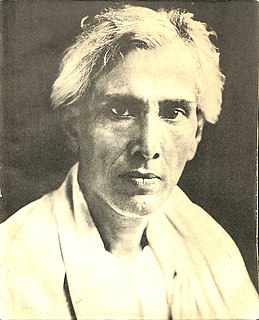A Quote by David Puttnam
I absolutely refuse to accept the fact that any country in the world goes into a kind of film-making crisis. What happens is they lose confidence, they lose focus and the young film-makers of any particular generation can very easily get lost in that mix. It's happened in Italy, happened in France, happened in the U.K. during my lifetime.
Related Quotes
Truth is a pursuit, it's a quest. And proof is certainly in the pudding in this particular instance, because the film, and the evidence accumulated in making the film, led to this man's release from prison. And that's hardly ever happened, if it's happened at all, in any other film that I can think of.
One of the problems with episodic television of any color is that everything has got to be okay at the end of the episode so it can start again next week. So the events that occur are rarely life-changing. But with film, you can say that this thing only happened once; this is a major thing that happened to these people.
Here I come to one of the memoir writer's difficulties -- one of the reasons why, though I read so many, so many are failures. They leave out the person to whom things happened. The reason is that it is so difficult to describe any human being. So they say: 'This is what happened'; but they do not say what the person was like to whom it happened. And the events mean very little unless we know first to whom they happened.
Let's say that history is what happened. The record of what happened is how each individual happens to see those events. They've already been ?ltered. When the historian or biographer takes over, history is no longer exactly what happened, because there has been a process of selection going on; it's impossible to write about anyone, any event, in any period of time, without in some way imposing, even unconsciously, your own standards, your own values.
Why must I cling to the customs and practices of a particular country forever, just because I happened to be born there? What does it matter if its distinctiveness is lost? Need we be so attached to it? What's the harm if everyone on earth shares the same thoughts and feelings, if they stand under a single banner of laws and regulations? What if we can't be recognized as Indians any more? Where's the harm in that? No one can object if we declare ourselves to be citizens of the world. Is that any less glorious?
I was at one of the lowest points of my life when we started this film [Dream of Life], except, of course, that I had two great children. But the film is not documenting a decline; it's documenting a rise up - first baby steps and then big steps up. The worst that could have ever happened to me had already happened. And so the film is on the ascent. And I think that gives it a nice spirit.




































